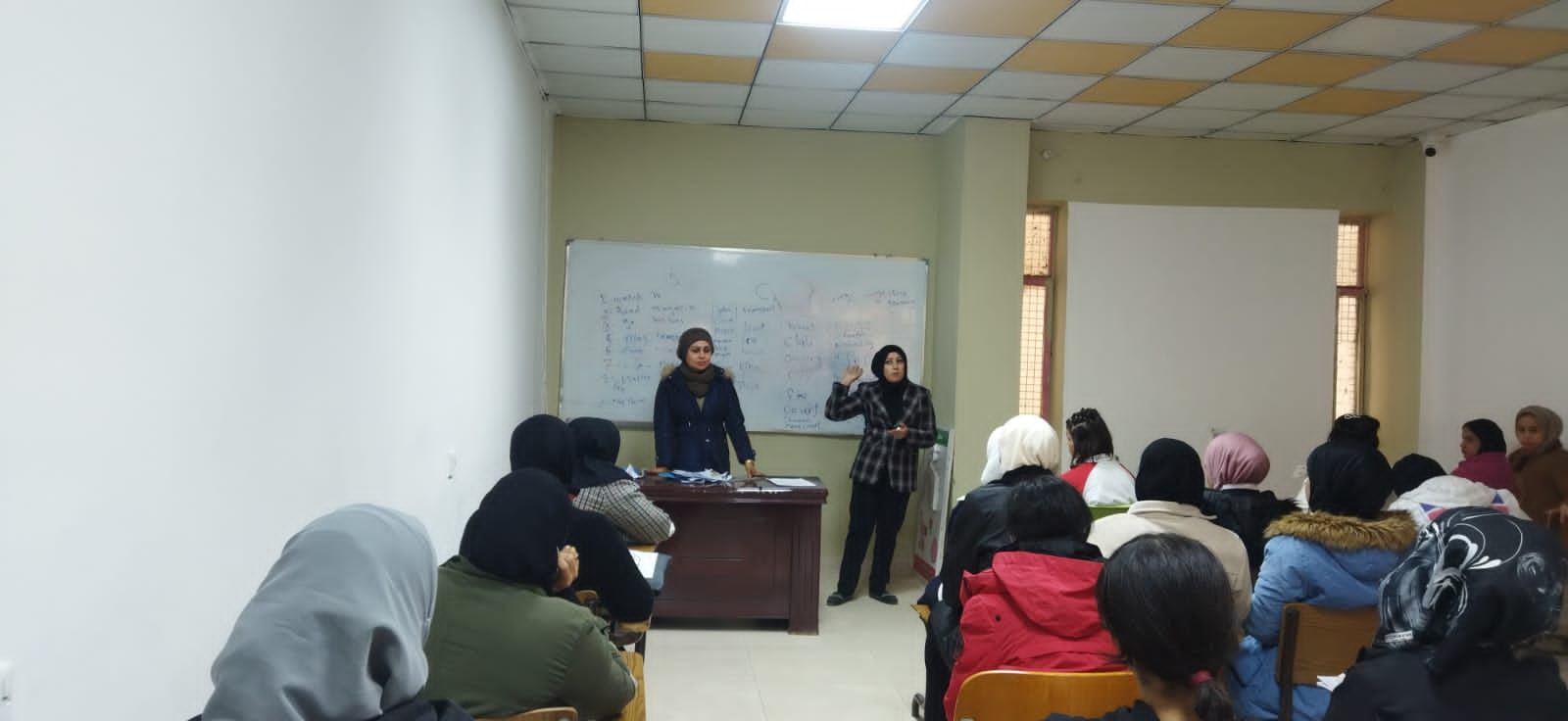On the occasion of International Anti-Corruption Day, the Department of Media and Government Communication at the College of Physical Education and Sports Sciences for Girls, University of Baghdad, organized an awareness lecture entitled (Corruption and its effects on society)
The official of the Media and Government Communications Division, Asst. Lect. Ibtihal Jassim, explained the concept of corruption, according to Transparency International Organization, as every action that includes the misuse of public office to achieve a private interest, referring to the types of corruption, including: political corruption, economic corruption, financial corruption, and legislative corruption, noting on the reasons for the spread of corruption in society, including: personal ambitions, low patriotic and moral sense, lack of awareness, the presence of cultural environments that encourage corruption and condone it, in addition to the lack of deterrent laws and regulations, which has affected society by disrupting societal values, decline in social justice, consolidating poverty, feelings of injustice, withholding transparency, and lack of professionalism at work.
She explained that there are several ways to reduce corruption and purify societies and institutions of it by strengthening the legal environment (control – accountability – transparency), strengthening the supervisory environment (the government agency that combats corruption) by imposing strict penalties with measures that are far from lax, such as prosecution and following disciplinary methods to combat aspects of corruption. The need to provide job opportunities for citizens that meet their needs, strengthen religious faith, and instill values and morals among the members of society, stressing the need to work with one hand to combat corruption as it is considered the basic foundation for building a just and prosperous society that achieves the goals of sustainable development, represented by the fourth goal, quality education.
